
Services relating to the
Supply Chain Act
Services relating to the
Supply Chain Act
Together with our partners, we offer our customers a holistic approach that combines LkSG compliance, supplier consolidation and optimized business partner management. This not only increases the ecological and social added value, but also the economic added value.
Resource-saving, practice-oriented and competent.

Our services:



analysis

Our customers:
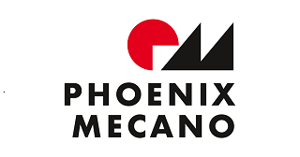
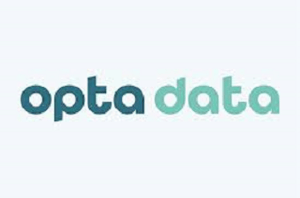
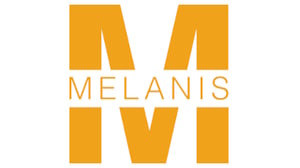
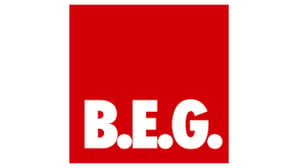
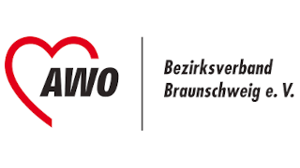
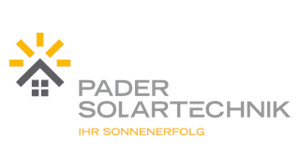
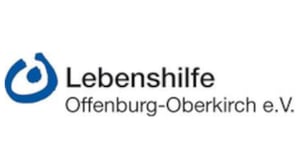
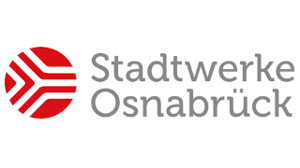
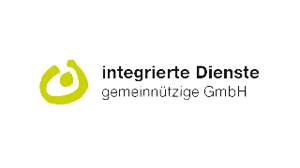
This is what our customers say:

"We were able to incorporate our supplier data into the Dobrick & Wagner solution (software for social services). Thanks to the support of Scopewire and their expertise in data quality, particularly in the assignment of economic classes and NACE codes, we were not only able to meet the compliance requirements of the LkSG, but also increase the economic and ecological-social added value of our business processes."
Carmen Schosnig, project manager of iD integrated services gGmbH.
Scopewire Hinweisgeberschutz erwerben und gesetzeskonform sein
Starter
69 € / MonatProfessional
129 € / MonatEnterprise
269 € / MonatFrequently asked questions:
NACE codes (Nomenclature of Economic Activities) are a classification system of the European Union for the systematic classification of economic activities. They categorize companies according to their main activity and thus enable standardized recording and comparability of economic activities. For example, the processing and preservation of meat falls under NACE code 10.11 within the manufacturing industry. These codes are important for statistical purposes, economic analysis and regulatory applications.
The frequency with which you should carry out a risk analysis in accordance with the Supply Chain Due Diligence Act (LkSG) depends on various factors. If your supply chain has a high risk profile or is subject to frequent changes, it is recommended that you carry out the analysis quarterly. This ensures that you are continuously informed about potential risks and can respond to them appropriately.
It is important to note that the results of the risk analysis must be traceable. This also includes documenting when the analysis was carried out, which indicators were taken into account and which conclusions were drawn from it. Transparent documentation ensures the traceability of the measures taken and supports compliance with the legal requirements of the LkSG.
The trustworthiness levels under the Supply Chain Due Diligence Act (LkSG) help companies to assess the quality of supplier self-disclosures:
-
Self-disclosure without additional verification: Companies rely solely on the information provided by suppliers without further verification.
-
Self-disclosure with limited verification: Companies carry out a limited verification, for example by comparing with public data or asking targeted questions.
-
Self-certification with comprehensive verification: Companies conduct a thorough verification, such as detailed document reviews or on-site inspections.
These levels help companies to adequately assess the risk and ensure that suppliers meet the legal requirements of the LkSG.
